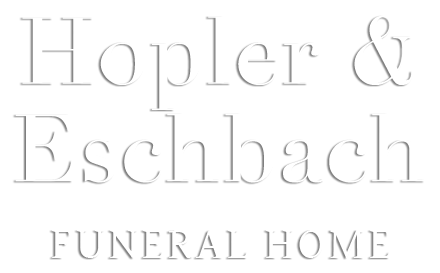Beware of Obituary Thieves


Before cremations, we write obituaries to pay tribute to our loved ones. However, it’s important to be careful about what kind of personal information we include in obituaries.
Scammers of all sorts use the obituaries to seek out vulnerable people and properties and prey on them. Not all theft is as up front as breaking into the house while you’re gone to a funeral service or memorial service and robbing you blind, although this is a common type of obituary theft.
You can protect yourself from this kind of obituary theft fairly easily. The first way is not including a street address in the obituary. Instead of writing that, “John Smith, of 111 South Main Street, Binghamton, NY, died on March 3, 2019,” you can write, “John Smith died at home on March 3, 2019 in Binghamton, NY.”
Giving a street address in an obituary is like leaving the front door open when you leave the house, because the times that you will be away from home to for visitations, funeral services, or memorial services (and if there were a burial, for graveside services) are also included in the obituary. Thieves who are looking for an opportune time to break into your home not only have the street address, but also the exact windows of time when you won’t be there and they can break in without any interference or obstruction.
The second way you can protect your home from being burglarized is to have a friend stay at the house while you are attending funeral events. They should be active in the house and visible to anyone who might be outside. This often is a very effective deterrent to potential robbers.
Another type of obituary theft is identity theft. Very often, we include too much key information about our loved ones in obituaries, making them an easy target for identity thieves. One of these key pieces of information is their date of birth. While the date of birth should be left out of the obituary, we usually don’t think twice about sharing them with the world because milestone dates, like birthdays and anniversaries, are so important to us.
However, for identity thieves, who are expert computer hackers, having a date of birth can unlock every bit of information about a person, including social security numbers, bank account numbers, and credit card numbers. Identity thieves can use these to either drain bank accounts and max out credit cards, or they can simply assume the identity and open financial accounts in our deceased loved one’s name.
The third type of obituary theft that is becoming more common is when people pose as friends or business partners of the deceased and claim that they were sold or promised items – usually big-ticket ones – by the deceased and they are there to pick them up. These people show up within a day or two after the funeral process is over, but their timing is calculated. The fog of fresh and intense grief, exhaustion, and shock makes family members – especially spouses – particularly vulnerable to being robbed blind.
Even if they don’t know the people who appear at the door with property claims, they’re not emotionally or mentally able to question or dispute the claims, so these obituary thieves are at liberty to take anything they want. And they do.
You can help protect yourself against this type of obituary theft by either having friends or more distant family members come over for a couple of weeks and have them handle any solicitation requests (phone, in-person, email, etc.), which means they can say, “No” to everybody or to defer everything to your attorney (make sure the attorney is aware).
For additional obituary theft protection tips before and after cremations, our empathetic and knowledgeable staff at Hopler & Eschbach can assist you. You can stop by our funeral home at 483 Chenango St., Binghamton, NY 13901, or you can contact us today at (607) 722-4023.



